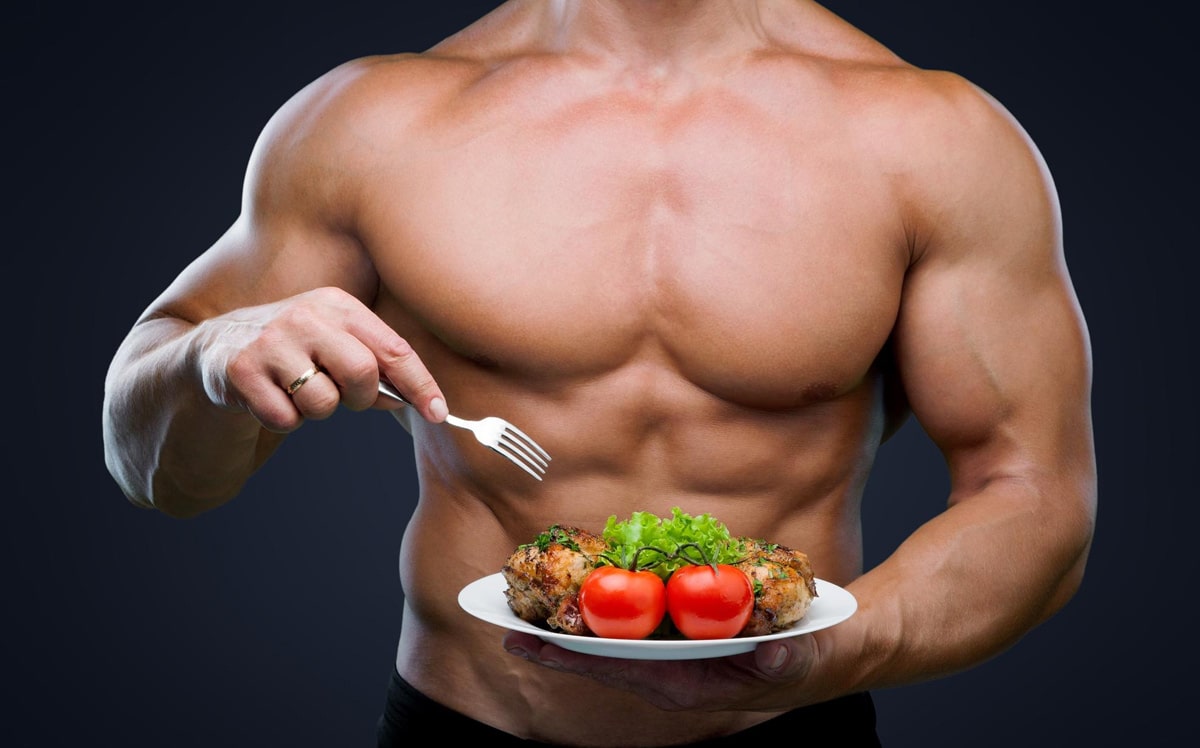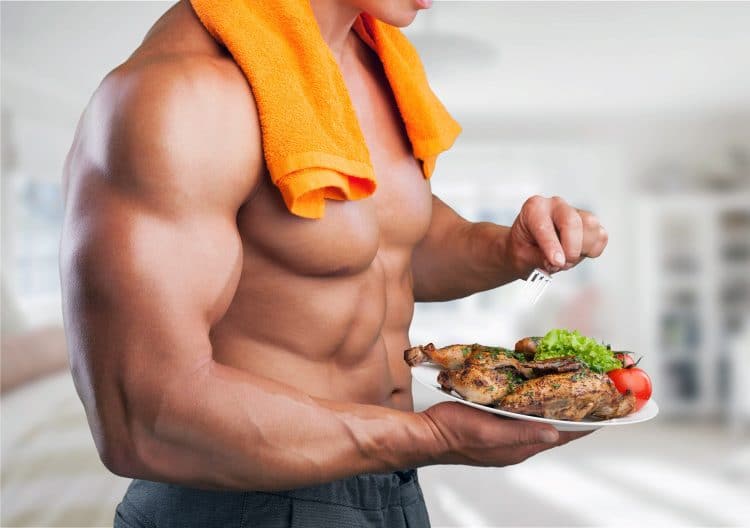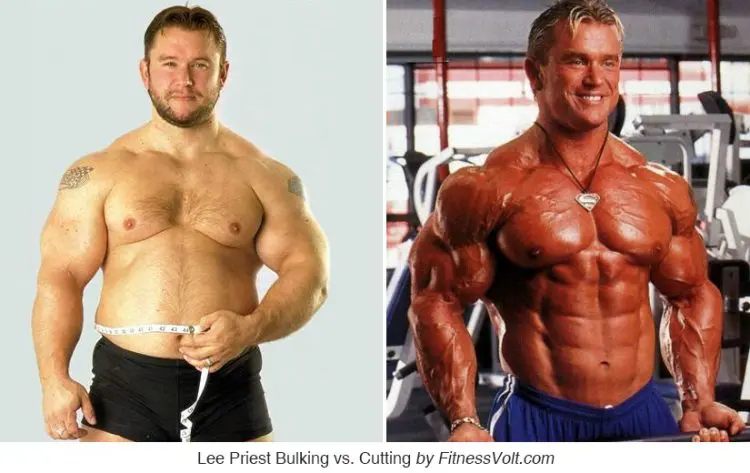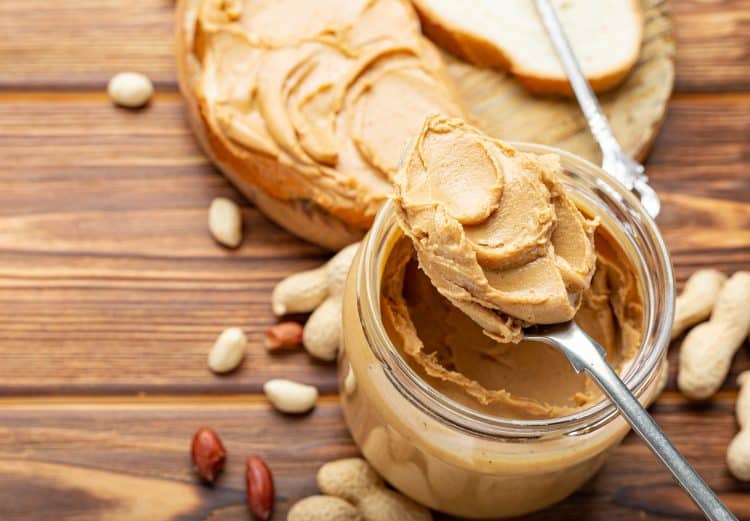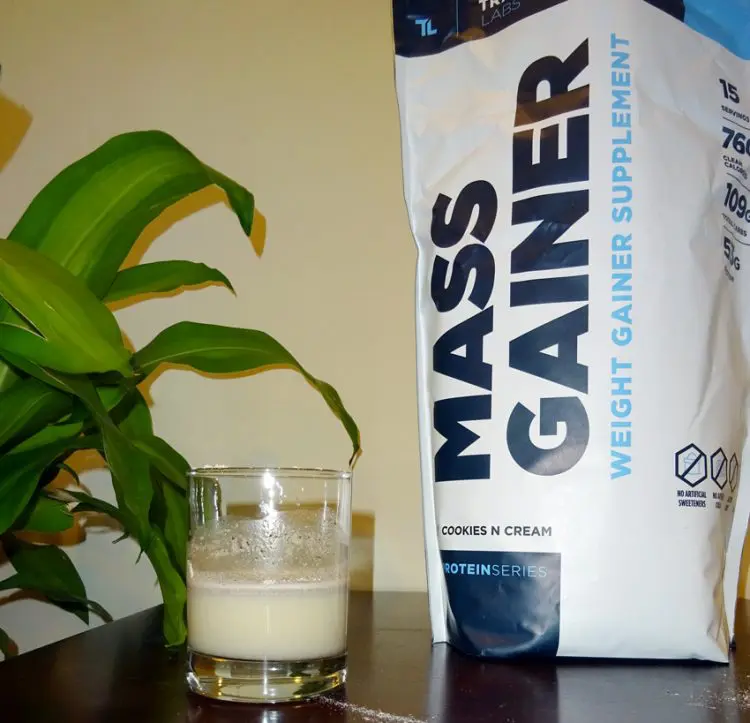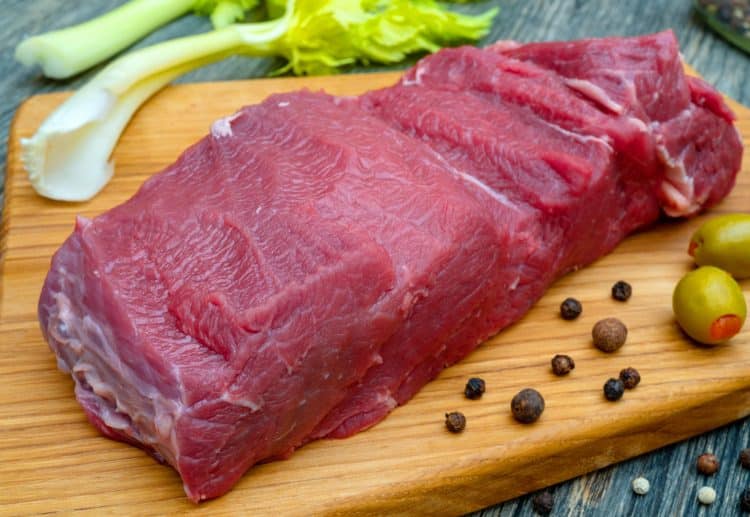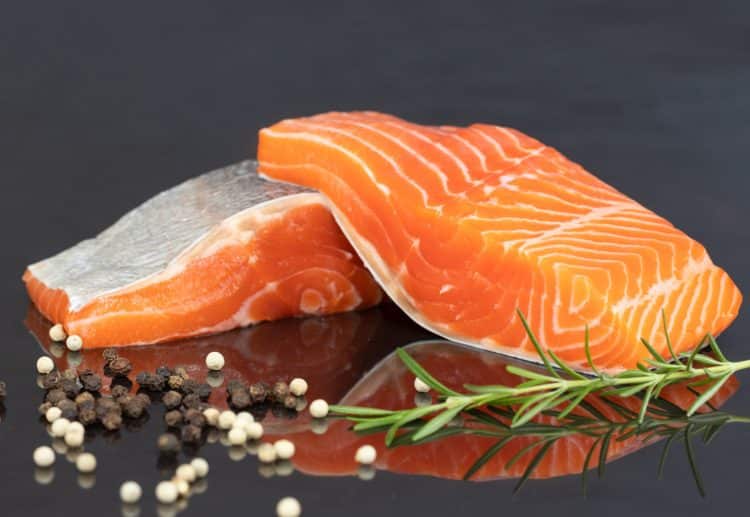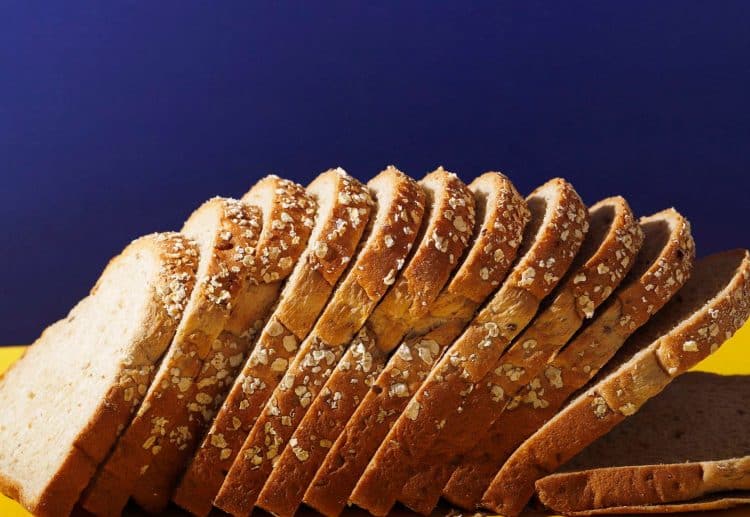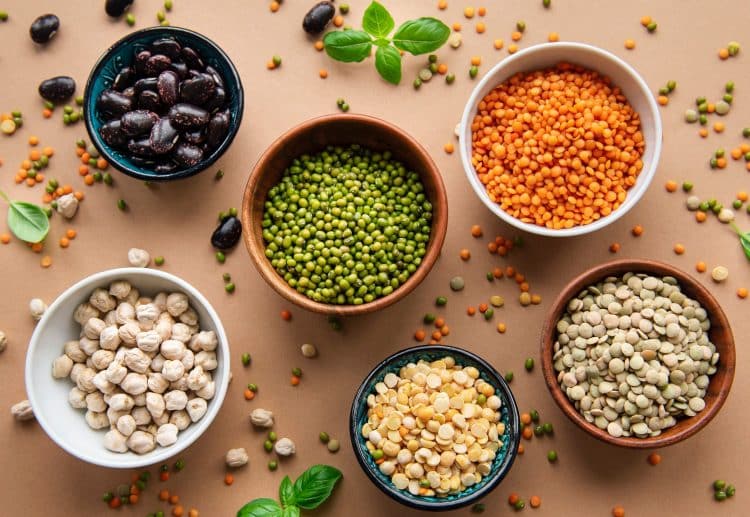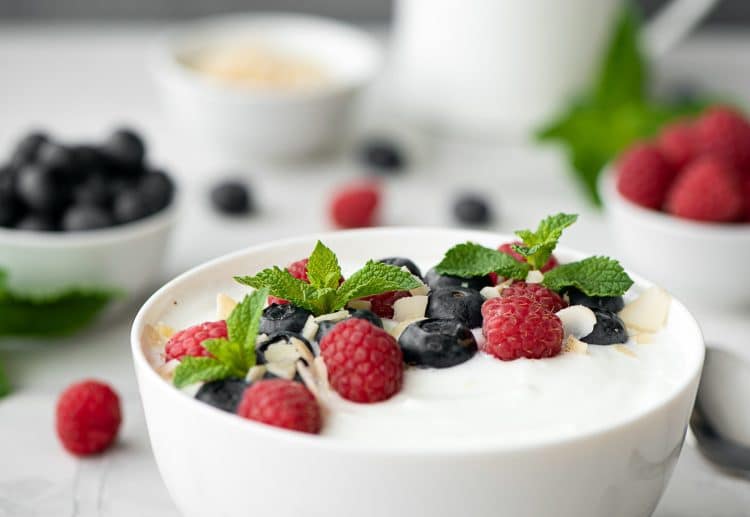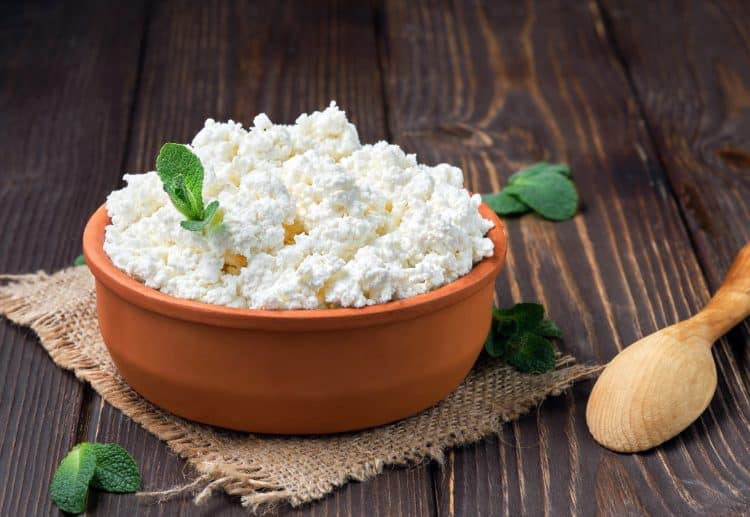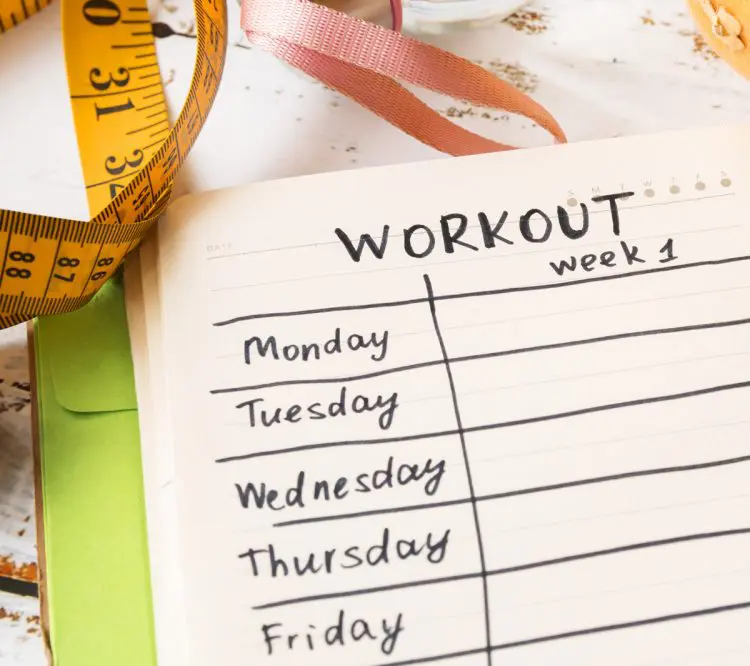Tell your trainer you want to build size and strength, and he’ll put you on a bulking program. The quality of your bulk depends on the foods you eat. Furthermore, since a bulking program involves eating more than usual, you must consider the taste of your food to ensure you don’t fall off the gaining regimen before meeting your transformation objective.
In this article, we take you through the best 14 high-calorie foods for bulking that will help you build muscle mass and strength while satisfying your taste buds. Plus, we shed light on the basics of bulking, its types, and a few tips to supercharge your physique transformation.
What is Bulking?
Bulking is one of the three phases of bodybuilding, with the other two being shredding and maintenance. Whether you are a fitness enthusiast or a pro bodybuilder, you will spend a considerable amount of time switching between the three phases to ensure you are on top of your game.
In a bulking phase, an individual aims to put on muscle mass and size while maintaining his body proportions. You must enter a calorie surplus to achieve your bulking goals, meaning you must eat more calories daily than you expend. A calorie surplus leads to raised glycogen stores in your body, increasing your body weight. [1]
During a bulking phase, you must ensure that you do not compromise your body composition and gain excess fat. Follow a balanced bulking diet regimen that contains nutrient-dense foods and a customized exercise regimen to meet your muscle mass and strength goals.
Difference Between Clean Bulking vs. Dirty Bulking
After months of hard labor on a shredding program, most newbie fitness enthusiasts are ecstatic to hear that their trainer is putting them on a bulking routine. Their imaginary bulking program breakfast consists of their favorite sugar-laden cereal and fruit juice, lunch involves burgers and fries, and they wrap up their mythical diet with a dinner of fried chicken and a tub of Ben & Jerry’s. If this is your idea of a bulking diet, you have got it all wrong. This unhealthy gaining diet is also known as dirty bulking.
In a dirty bulking program, the focus is on consuming a large number of calories while disregarding the calorie sources, quality, and nutritional value. On the flip side, a clean bulking program involves meeting your daily caloric needs through nutrient-dense whole foods while maintaining an appropriate macronutrient and micronutrient balance.
The dirty bulking diet is favored by people who like an unrestricted diet. However, this diet can lead to chronic health issues like type 2 diabetes and hypertension as it involves eating high-calorie, often unhealthy, and processed foods.
Although following a dirty bulking diet is much easier than abiding by a clean bulking regimen, the unbalanced high-calorie foods in this diet can result in excess body fat gain, further leading to body composition deterioration.
Dirty bulking can lead to faster weight gain; however, it results in more excess body fat gain than clean bulking. Furthermore, you must not overlook the health issues related to eating junk food for an extended period.
In this article, we will stick to 14 high-calorie food for bulking that will deliver a healthy amount of carbs, protein, and fats and don’t come with trade-offs, including excess visceral fat gain or a higher risk of contracting chronic health conditions.
Related: Dirty Bulk vs. Clean Bulk – What’s the Difference, and Which is Best?
14 Best High-Calorie Foods for Bulking
Contrary to what most people think, you don’t need to go out of your way on a bulking program to add more size and strength. Eating bigger servings of healthy foods is incredibly effective in a bulking regime.
Here are the 14 best high-calorie foods for bulking that should be a part of your diet regimen:
Nuts and Nut Butter
Nuts and nut butter should be a staple in your bulking regimen, as they are calorie-dense, packed with macro and micronutrients, and incredibly versatile and convenient.
You could grab a handful of nuts at any point during the day as a snack or have them with one of your meals. Nuts and nut butter are rich in healthy monounsaturated and polyunsaturated fats, including omega-3 fatty acids, which are essential for overall health, hormone production, and supporting muscle growth. They also contain a decent amount of fiber, vitamins (such as vitamin E), and minerals (such as magnesium and zinc).
Besides being a good source of healthy fats, nuts also contain a healthy dose of carbs and proteins. You can switch between peanuts, almonds, walnuts, cashews, and hazelnuts to keep your diet interesting. Plus, each nut has a unique nutrient content, which can help ensure you never run into nutrient deficiencies.
While choosing a nut butter, favor organic products that do not have added sugar or flavorings. You must also read the nutritional information before buying a nut butter, as its nutrient content can change depending on the brand.
| Peanuts (100g) | |
| Calories | 567kcal |
| Carbohydrates | 16g |
| Protein | 26g |
| Fats | 49g |
| Peanut Butter (100g) | |
| Calories | 588kcal |
| Carbohydrates | 20g |
| Protein | 25g |
| Fats | 50g |
Mass Gainer Shakes
Mass gainer shakes are an incredibly useful food source for folks who have difficulty meeting their daily calorie and macronutrient goals through whole foods. You could also use a mass gainer shake as a post-workout recovery drink or a meal replacement. Plus, mass gainer shakes come in delicious flavors, making consuming a high-calorie content easier.
The table below details the nutrient content of the Transparent Labs Mass Gainer, which is one of the best mass gainers on the market. The nutrient content of each supplement can vary depending on its ingredients.
| Mass Gainer Shakes (190g serving) | |
| Calories | 760kcal |
| Carbohydrates | 109g |
| Protein | 53g |
| Fats | 13g |
Lean Beef
Lean beef is a high-quality protein. A 100g serving of lean beef contains 26g of protein, 15g of fats, and no carbs. Many lifters overlook the importance of protein in a bulking regimen. A high-protein bulking diet improves your muscle density, which helps retain muscle mass during the shredding phase.
Plus, lean beef is packed with vitamins such as B-complex vitamins (including vitamin B12) and minerals like iron, zinc, selenium, and phosphorus, which can help with red blood cell production, energy metabolism, and immune system function. Lean beef is also a natural source of creatine, which can help build muscle mass and strength.
| Lean Beef (100g) | |
| Calories | 250kcal |
| Carbohydrates | 0g |
| Protein | 26g |
| Fats | 15g |
Related: Protein Calculator: Find Your Daily Protein Intake
Olive Oil
Olive oil should be your cooking oil of choice during your bulking phase. One tablespoon of olive oil contains 119 calories and 14g of monosaturated fats, which can support hormone production, aid in nutrient absorption, and provide a concentrated source of energy.
The calorie-dense healthy fat source enhances the absorption of fat-soluble vitamins, such as vitamins A, D, E, and K. Furthermore, olive oil has anti-inflammatory properties that can help soothe pains during an intense bulking strength training program. The versatile cooking oil can also improve your heart health. [2]
| Olive Oil (100g) | |
| Calories | 884kcal |
| Carbohydrates | 0g |
| Protein | 0g |
| Fats | 100g |
Fatty Fish
Fatty fish are among the best high-calorie foods for bulking. Fish, such as salmon, contain omega-3 fatty acids and vitamins such as D and B2 (riboflavin). They are also rich in calcium and phosphorus and are a great source of minerals, such as iron, zinc, iodine, magnesium, and potassium.
Most people tend to meet their carbohydrate goals on a bulking regimen but tend to miss their protein and fat targets. Adding seafood to your diet can help fix the discrepancies. Since fish is a fast-absorbing protein source, eating salmon post-workout can kickstart your recovery process.
| Salmon (100g) | |
| Calories | 208kcal |
| Carbohydrates | 0g |
| Protein | 20g |
| Fats | 13g |
Avocado
This fruit is one of the best sources of healthy fats. Besides being a healthy fat source, avocados contain a decent amount of fiber, which can help control your cholesterol and blood sugar levels.
Avocados also contain vitamins C, E, K and B-complex vitamins and minerals such as potassium, magnesium, and copper. Its rich, creamy flavor and anti-inflammatory properties make it a must-have in your bulking phase. You could have avocado in your salad with your meals or as a guacamole dip.
| Avocado (1 Medium) | |
| Calories | 240kcal |
| Carbohydrates | 13g |
| Protein | 3g |
| Fats | 22g |
Whole Grains
Whole grains such as barley, cracked wheat, millet, quinoa, and black rice are complex carbohydrates that dissolve slowly into your bloodstream. It helps provide a steady energy supply, which can help power your intense training sessions.
Whole grains contain a healthy amount of fiber, which improves digestion, promotes satiety, and helps regulate blood sugar levels. They are also packed with essential vitamins and minerals. These nutrient-dense foods are incredibly versatile and can be consumed in different forms at any time during the day.
| Multi-Grain Bread (1 regular slice) | |
| Calories | 69kcal |
| Carbohydrates | 11g |
| Protein | 3.5g |
| Fats | 1.1g |
Legumes
Legumes such as chickpeas, black beans, green peas, lima beans, kidney beans, and black-eyed peas are rich in carbs and protein. They also contain a healthy dose of fiber, B vitamins, iron, folate, calcium, potassium, phosphorus, and zinc.
Legumes are also complex carbohydrates that deliver a steady energy release, helping sustain intense and long workouts. Plus, legumes are economical and versatile ingredients that can be incorporated into various meals and recipes.
A 100g serving of legumes like chickpeas contains 364 calories, making them one of the best high-calorie foods for bulking.
| Chickpeas (100g) | |
| Calories | 364kcal |
| Carbohydrates | 61g |
| Protein | 19g |
| Fats | 6g |
Eggs
Eggs are the darling of the fitness community. Folks on a bulking regimen should include a few whole eggs in their diet regimen as they are packed with protein and fats. One large whole egg delivers 78 calories, which is an excellent figure for a food source of its size.
Eggs are incredibly versatile. You could eat eggs at any time throughout the day. Many people prefer scrambled eggs over boiled eggs as they are easier to digest. Furthermore, the high-quality protein source contains essential nutrients, including vitamins A, B2, B6, B12, D, E, and minerals such as iron, zinc, and selenium, which can help improve your overall health.
Finally, the affordable protein source has high bioavailability, meaning it is easily absorbed and utilized by the body.
| Whole Eggs (1 large boiled) | |
| Calories | 78kcal |
| Carbohydrates | 0.6g |
| Protein | 6g |
| Fats | 5g |
Chicken Breast
Chicken breast is one of the best protein sources, which can help balance your macronutrient split in a high-calorie diet. It contains all the essential amino acids required for muscle protein synthesis, making it perfect for people trying to build muscle mass in their bulking phase.
Chicken breast is also rich in essential nutrients, including vitamins B6 and B12, niacin, phosphorus, and selenium, which can boost energy production, metabolism, immune function, and overall health.
| Chicken Breast (100g) | |
| Calories | 165kcal |
| Carbohydrates | 0g |
| Protein | 31g |
| Fats | 3.6g |
Sweet Potato
Sweet potato is one of the most delicious vegetables in an otherwise bland bodybuilding bulking diet. The complex carbohydrate is packed with calories and carbs, which will help add size to your frame.
Plus, sweet potato is rich in dietary fiber, both soluble and insoluble, which can aid digestion, promote satiety, and supports a healthy gut. It also contains a healthy dose of essential vitamins and minerals, including vitamins A, C, potassium, manganese, and B6.
Sweet potato’s antioxidating properties protect against cellular damage and inflammation caused by intense workouts during a bulking training program. Although a complex carb, sweet potato has a low GI score, meaning it has a low impact on your blood sugar levels. It allows you to meet your carb goals for your bulking phase without significantly spiking your blood sugar levels.
| Sweet Potato (1 5-inch long) | |
| Calories | 112kcal |
| Carbohydrates | 26g |
| Protein | 2g |
| Fats | 0.1g |
Whole Milk
Milk is one of the most convenient high-calorie food sources to consume during a bulking phase. Folks undergoing a serious bulk find chugging a jar of milk easier than chewing countless amounts of chicken breast or legumes.
Besides a decent macronutrient split, whole milk is rich in essential vitamins and minerals, including calcium, vitamin D, B12, and phosphorus. It is also one of the most convenient and readily-available food sources around the world.
| Whole Milk (1 cup) | |
| Calories | 149kcal |
| Carbohydrates | 12g |
| Protein | 8g |
| Fats | 7.9g |
Greek Yogurt
Greek yogurt is a high-quality protein source you could have with one of your meals or as a snack. The fast-absorbing properties of Greek yogurt ignite muscle recovery after intense workouts.
Greek yogurt often contains live and active cultures, contributing to a healthy gut microbiome. Your gut health is essential during a bulking phase for optimal nutrient utilization and immune function, as you’ll be eating significantly more calories than usual. Like milk, Greek yogurt is an excellent calcium source, essential for bone health and muscle function. It can help reduce your risk of injury and support bone strength.
| Greek Yogurt (100g) | |
| Calories | 59kcal |
| Carbohydrates | 3.6g |
| Protein | 10g |
| Fats | 0.4g |
Cottage Cheese
This is a slow-digesting form of protein, which provides a sustained release of amino acids into the bloodstream. Cottage cheese contains casein protein which promotes muscle growth and prevents muscle breakdown during periods of fasting, such as overnight.
Ensuring your muscles have a constant supply of protein throughout the night will prevent muscle breakdown, which can be incredibly helpful during your bulking phase. Furthermore, the healthy fat source is packed with essential nutrients such as calcium, phosphorus, selenium, vitamin B12, and riboflavin. It also contains probiotics that promote a healthy gut.
| Cottage Cheese (100g) | |
| Calories | 98kcal |
| Carbohydrates | 3.4g |
| Protein | 11g |
| Fats | 4.3g |
Tips For Eating High-Calorie Foods For Bulking
Here are a few tips to get the best bang for your buck from your bulking journey:
Find an Appropriate Caloric Surplus and Macronutrient Split
You must determine your daily calorie and macronutrient targets based on your lifestyle, current physique, and bulking objective. According to the Centers for Disease Control and Prevention (CDC), adding 500-1,000 to your daily calorie intake can result in gaining 1-2 pounds weekly. [3]
After arriving at a suitable daily calorie intake goal, you must break it into an appropriate macronutrient (carbs, protein, and fats) split. Following an unbalanced macro split with high carb and fat intake can lead to excess body fat gain.
Eat Nutrient-Dense Foods
You shouldn’t mistake a bulking diet for a junk food diet. Relying on processed and refined foods to meet your daily calorie needs can hamper your overall health and well-being. You must stick to high-calorie whole foods to ramp up your bulking progress and keep your fat gain under check.
Related: Calorie Density Calculator
Follow a Personalized Training Regimen
Since the objective of a bulking program is to build muscle mass and strength, you must back up your high-calorie diet with a customized strength training regimen. Use progressive overload to ensure you are constantly challenging your muscles. Using the same training intensity, volume, and exercises for an extended period will lead to a muscle and strength plateau.
Furthermore, you must limit cardio and HIIT workouts during your bulking regimen as they lead to greater calorie burning, which can compromise your calorie surplus. Calorie-tracking apps can help ensure you are in a calorie surplus and meeting your macro goals.
Monitor Your Progress and Make Adjustments
Tracking your progress helps ensure that you are on the right path. Body weight, circumference, and body fat are reliable metrics for monitoring your bulking progress. You could also use photos to track your progress. These tracking methods will also keep you accountable.
Tracking your progress weekly will allow you to make quick adjustments if you feel your progress is unsatisfactory.
Follow The Bulking Phase With Cutting and Maintenance
You must always start a bulking program with a goal in mind. Starting your bulking journey without a set objective can lead to gaining excess body fat. The length of your bulking phase will depend on your starting physique and goals.
After achieving your bulking objective, you must follow the bulking phase with a cutting phase. Furthermore, you must switch to the maintenance phase after you reach your cutting goal. Most bodybuilders and fitness enthusiasts cycle between the three phases throughout the year.
Plan Your Meals in Advance
One of the reasons why so many people prefer dirty bulking is that it doesn’t require planning. You eat whatever you can get your hands on when you are starving. On the other hand, you must plan your meals during a clean bulk to ensure you are meeting your macronutrient goals.
Reserve one day of the week, preferably a Sunday, for prepping your meals. Use unprocessed foods that are nutrient-dense, easy and quick to cook, and have a long shelf life.
Frequently Asked Questions
How often should you consume cheat meals on a bulking program?
There is no hard rule about eating cheat meals on a bulking program. You don’t necessarily need cheat meals if you can meet your daily calorie goals with nutrient-dense whole foods. However, sticking to a strict diet regimen can lead to cravings, which opens room for a weekly cheat meal during a bulking regimen.
You must restrict yourself to one weekly cheat meal, as high amounts of processed food can skew your body composition and make you more vulnerable to contracting health conditions such as type 2 diabetes and high blood pressure.
How many calories should a bulking meal contain?
The ideal number of calories in a bulking meal depends on your personal preferences, current physique, daily calorie goal, and the number of meals you eat in a day, including snacks. Some people like to have a heavier breakfast and lunch and a light dinner, whereas others like to eat more balanced meals. If you eat three meals daily, you could consume 35% of your calories in your breakfast and lunch and the remaining 30% in your dinner.
Do I have to eat junk food during a bulking regimen to gain strength and muscle mass?
No! You must favor clean bulking over dirty bulking. Nutrient-dense foods like lean meats, whole grains, and healthy fats provide your body with the building blocks to build muscle mass and support overall health and well-being. On the flip side, relying mainly on junk foods significantly increases your risk of contracting chronic health conditions.
What are the best supplements for bulking?
The sports nutrition market is packed with supplements that can help you in your bulking journey. Some of the best bulking supplements include a mass gainer, whey protein, creatine, dextrose, and BCAAs. However, you must ensure you are not overly reliant on supplements to gain muscle mass and strength. Getting the bulk of your calories from nutrient-dense whole foods provides faster results and improves longevity.
What is the ideal macronutrient split during a bulking program?
The ideal macro split will vary depending on an individual’s current and goal physique. Nonetheless, your macronutrient split during a bulking phase should be in the following brackets:
- Carbohydrates: 45% to 60%
- Protein: 30% to 35%
- Fats: 15% to 30%
Notably, it’s easier to meet these macronutrient split with a clean bulk. Relying on refined and processed foods for your daily caloric goal can significantly increase your carb and fat intake while marginalizing your protein intake.
Wrapping Up
Bulking is easier said than done. You must enter a calorie surplus while eating balanced high-calorie macronutrient sources to ensure you don’t gain excess body fat or compromise your body composition.
Following a personalized bulking diet and exercise regimen, according to your overall health, goals, and preferences, can help speed up your transformation progress. The 14 high-calorie foods for bulking listed in this article will help you achieve your gaining goals while satisfying your taste buds. Cycle these nutrient-dense food sources in your daily diet plan to achieve your strength and muscle goals while keeping your meals interesting. Best of luck!
References
Fitness Volt is committed to providing our readers with science-based information. We use only credible and peer-reviewed sources to support the information we share in our articles.
- Leaf A, Antonio J. The Effects of Overfeeding on Body Composition: The Role of Macronutrient Composition – A Narrative Review. Int J Exerc Sci. 2017 Dec 1;10(8):1275-1296. PMID: 29399253; PMCID: PMC5786199.
- Nocella C, Cammisotto V, Fianchini L, D’Amico A, Novo M, Castellani V, Stefanini L, Violi F, Carnevale R. Extra Virgin Olive Oil and Cardiovascular Diseases: Benefits for Human Health. Endocr Metab Immune Disord Drug Targets. 2018;18(1):4-13. doi: 10.2174/1871530317666171114121533. PMID: 29141571.
- Centers for Disease Control and Prevention. (2021). Losing Weight. Retrieved from https://www.cdc.gov/healthyweight/losing_weight/index.html
Tip: If you're signed in to Google, tap Follow.


